Sneak peek: We often think of stress in kids, as a negative. Research helps us see that certain types of childhood stress are a normal part of development and it actually helps propel development forward.
I was struck recently by two seemingly conflicting articles that popped up in my social media feeds on the same day. Both articles are related to childhood stress. One was entitled, Children and Stress–How to Create a Low-Stress Environment for your Child and the other title was, “Children Need Some Stress in the Their Lives”: The New Science of Resilience. Now, on the face of it, these seem to be two conflicting articles. What is a parent to do—help your child avoid all stress or allow your child to experience stress?
In reality, both of these articles had some insightful and thought-provoking lessons about the science of stress in kids and child development. We mostly have negative connotations with stress. People talk about being “stressed out” at work or school. In reality, some amount of stress is normal and perhaps even beneficial.
I remember the stress of starting college in a new town and not knowing anyone. It was stressful at times. I remember my heart racing as I went to my first class and met my first roommate. But what if I avoided this stress and stayed at home? I would not have grown or learned new coping mechanisms and new skills. Plus, I would have missed out on the life-changing experience of going to college away from home.
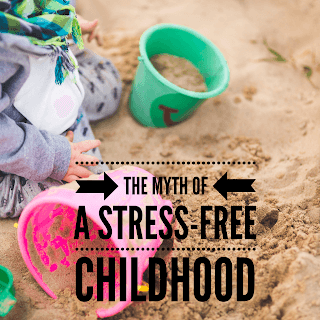
Stress becomes negative and even life-altering when it is so intense that it affects your mental health, relationships, and overall well-being. As Miki Dedijers points out in his article, this is the type of stress that parents sometimes experience and the kind that can affect their children. As he says, “When you’re stressed, your child’s small body senses that there’s some unknown reason for her, too, to be on high alert. Her most trusted adult is wound up tight with apprehension.”
Effect of Childhood Stress on Development
This is the real wisdom we can gain from these two articles. The stress that comes with normal developmental stages or changes is what our children use to propel them to the next level. As Michael Rutter points out in his studies on resilience,
“Children need some stress in their lives so they can learn to cope with it. Development involves both change and challenge and also continuity. So to see the norm as stability is wrong.”
The typical process of development requires some amount of stress. If you try to protect your child from that, they will inevitably be hampered by it.

The key to coping with stress, in all its forms, is finding coping mechanisms that work for the individual. What Rutter has found in his research is that relationships are one of the most influential factors in dealing with stress.
One “aha” moment I’ve had in recent years is understanding that I, as a parent, cannot “fix” all of my kids’ stressful moments. Unlike when they were babies and we could feed, soothe or rock the trouble away, as our kids mature, stress is inevitable. What we can do, however, is provide a context for understanding and making meaning of the stressful situation.
We are the meaning-makers for our kids until they are mature enough to do it for themselves. For me, this is one of the heaviest responsibilities and privileges of parenting.
You may also enjoy: Social-Emotional Development: The Ultimate Guide for Parents
Damaging Stress in Kids
For children, the most toxic stress can often be the result of failed or dysfunctional relationships. Children who experience abuse, trauma or neglect at the hands of a once-trusted caregiver are dealing with a type of stress that is at the limit of their underdeveloped psychological capacities. This is the type of childhood stress that can be life-altering. However, as Rutter points out, the establishment of even one caring, consistent adult relationship can often be the key to resilience for these children, despite tragic situations they may have experienced.
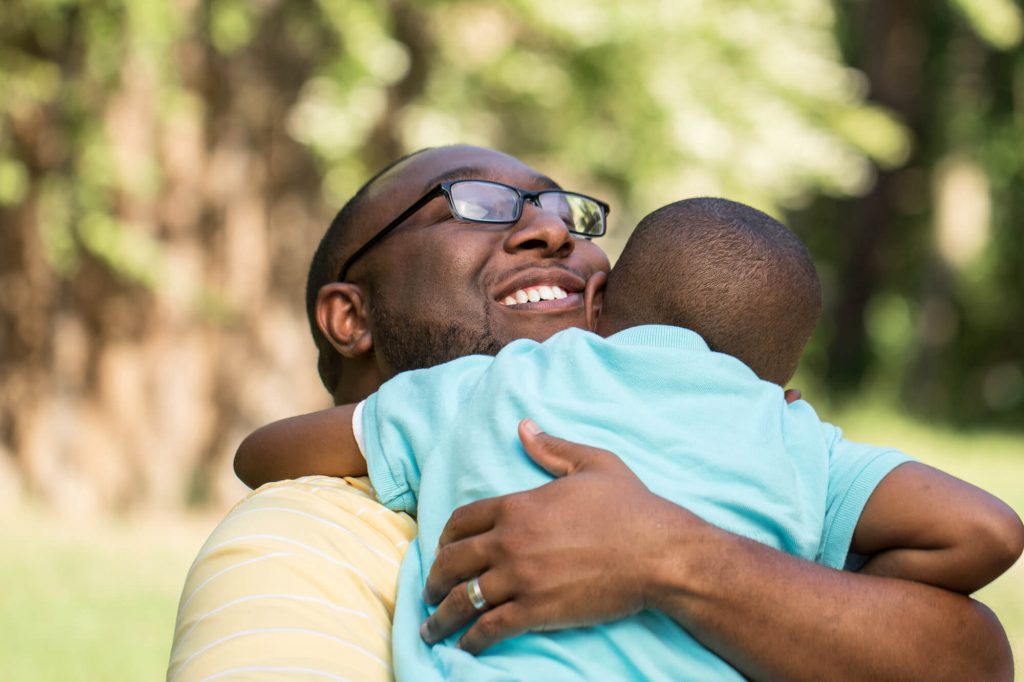
For us parents too, relationships are one of the keys to coping with stress in our lives as well. As Miki Dedijers describes, overcoming stress is not a quick fix to be solved by a change in diet or meditation. It often requires a change in lifestyle. Our relationships help us navigate through changes in our lives. Just talking to someone else whom you trust can be the beginning of coping with stress. Isolation from others can be very stressful.
As many of us saw during the pandemic a few years ago, a lack of social relationships can make for stressful living. Positive relationships can help buffer us against the stresses of life.
Ultimately, we cannot create a stress-free life for our children. If we really think about it, we know this is not healthy for them either. Some of the stressful challenges many of us have faced have helped us become stronger, more resilient people. However, what can we do to help childhood stress become a point of growth and not despair in our kids?
Related reading: The Secret to Raising Happy Kids: Don’t Focus on Happiness
Tips for Helping Kids Manage Stress
Focus on the controllable. When we (or our kids) are under stress, there are often many things that are not controllable–the pandemic, canceled events, how hard a test is, etc. We can help our kids by guiding them to focus on things that are within their control. We can’t control how hard a test will be, but we can help them study for it. A few years ago, we knew we couldn’t alone control the pandemic, but we knew we could do the things that health professionals recommended to keep us safe (e.g., handwashing, mask-wearing, social distancing). Helping our kids focus their attention on the small things they can control will help alleviate some stress.
Related reading: More Than Deep Breathing: The Science of Coping Strategies
Adding positive supports. While we oftentimes cannot rid ourselves or our kids’ lives of all stress, we can add positive supports to help them cope better. Most stressors our kids experience are what researchers call “tolerable stress.” These events are stressful, but with help, kids can manage them. The pandemic was a kind of stress in many instances. With positive support from us, children coped with the stress and gained resilience. Positive supports include having a lot of conversations with our kids, really answering their questions, helping them understand stressful events (at an age-appropriate level), and helping them stay connected to friends or other family members who can support them as well.
Manage your own stress. Helping kids cope with stress takes a lot of emotional presence and energy from parents. To have the emotional resources available to help our children, we must take care of ourselves and manage our stress too. Caring for yourself is not selfish. This could mean prioritizing your own physical and mental needs and possibly getting help from others. Take the time to eat healthy foods, exercise, talk to a friend or family member, or seek professional support if needed. All the things you do to manage your stress inevitably help you support your children better.
In order to help our children, we have to try to keep our stress at a level that is manageable. In doing so, we can help our children learn the skills they need to cope with the inevitable stress they will face. As in many aspects of parenting, you teach best by modeling.
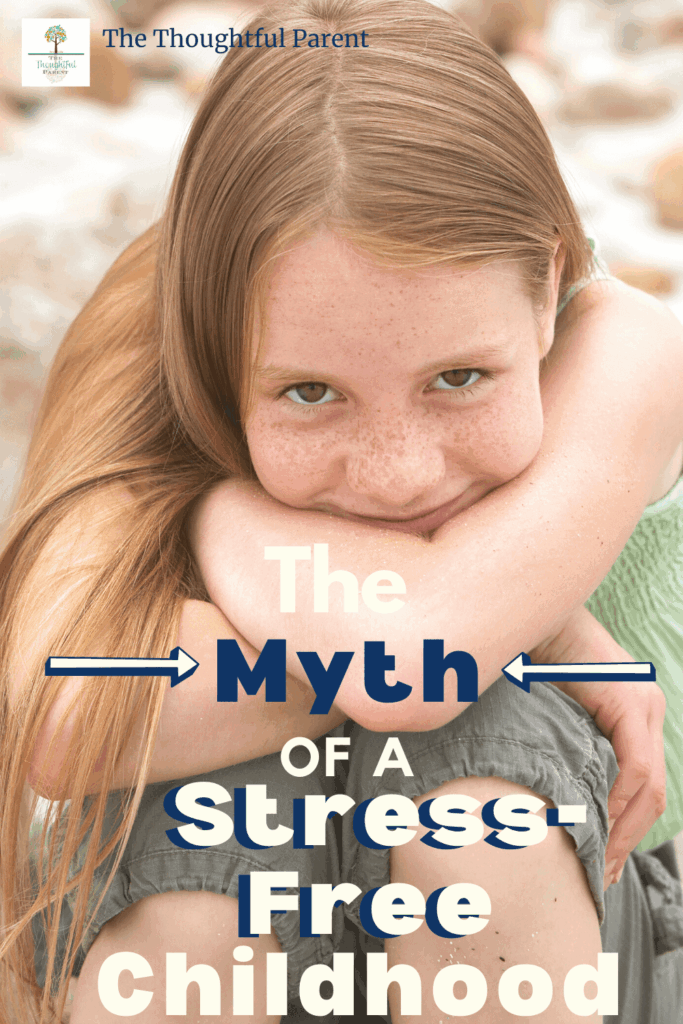
Related Resources:

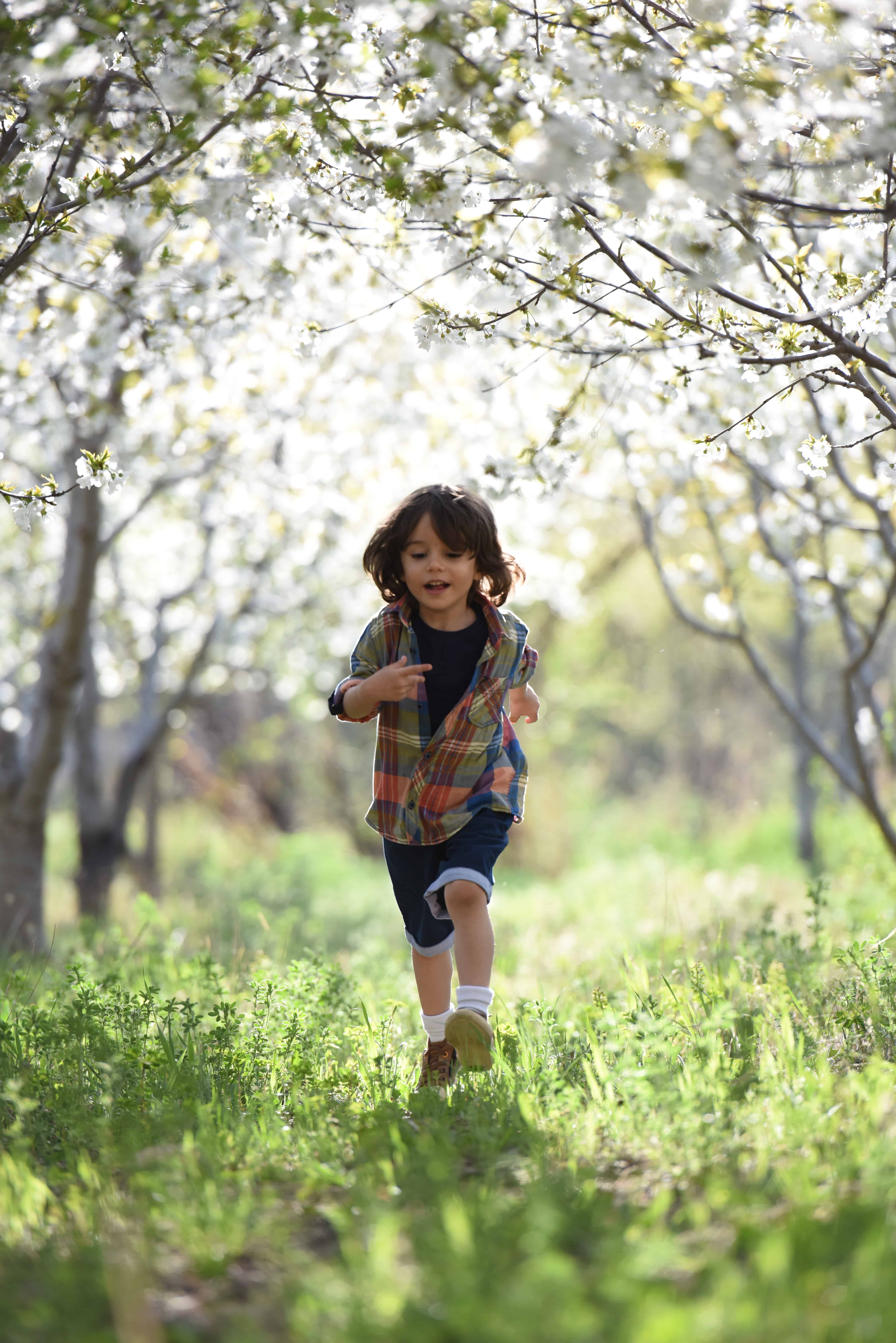
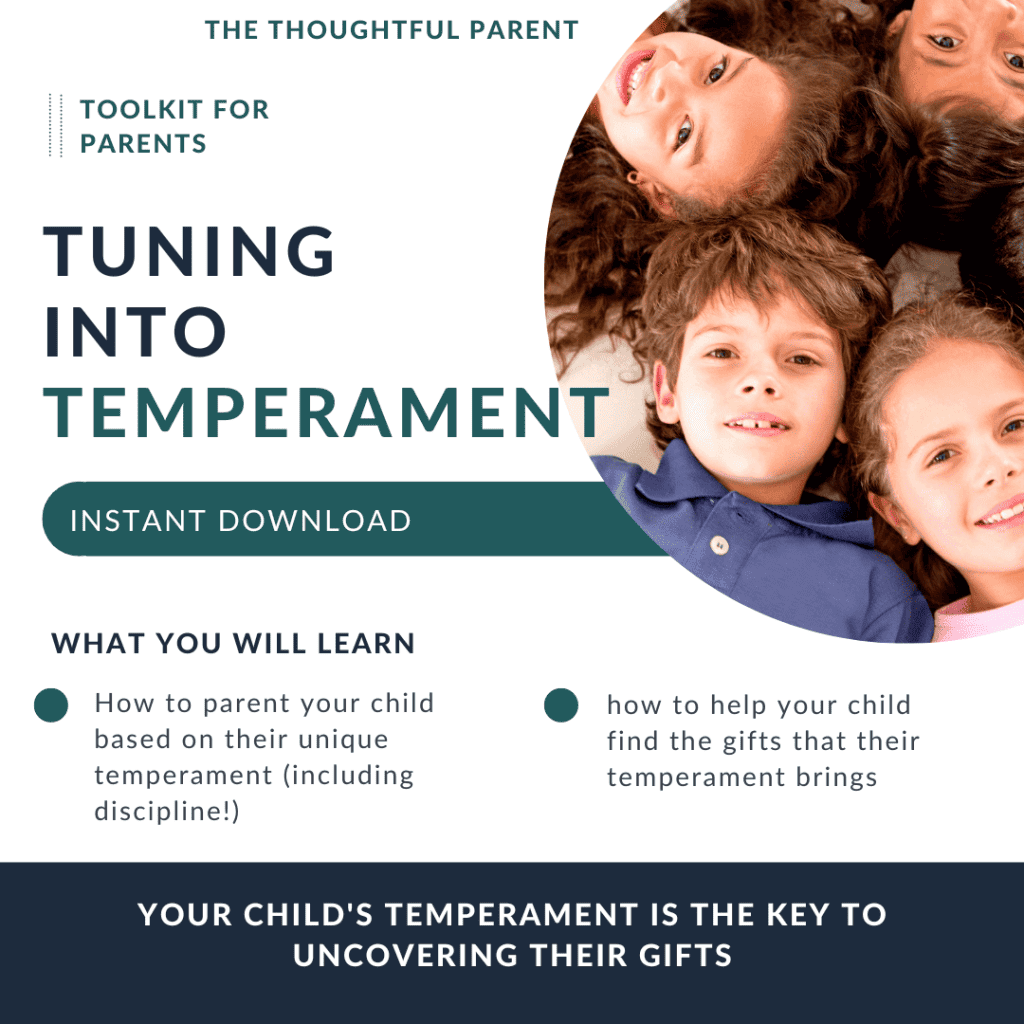

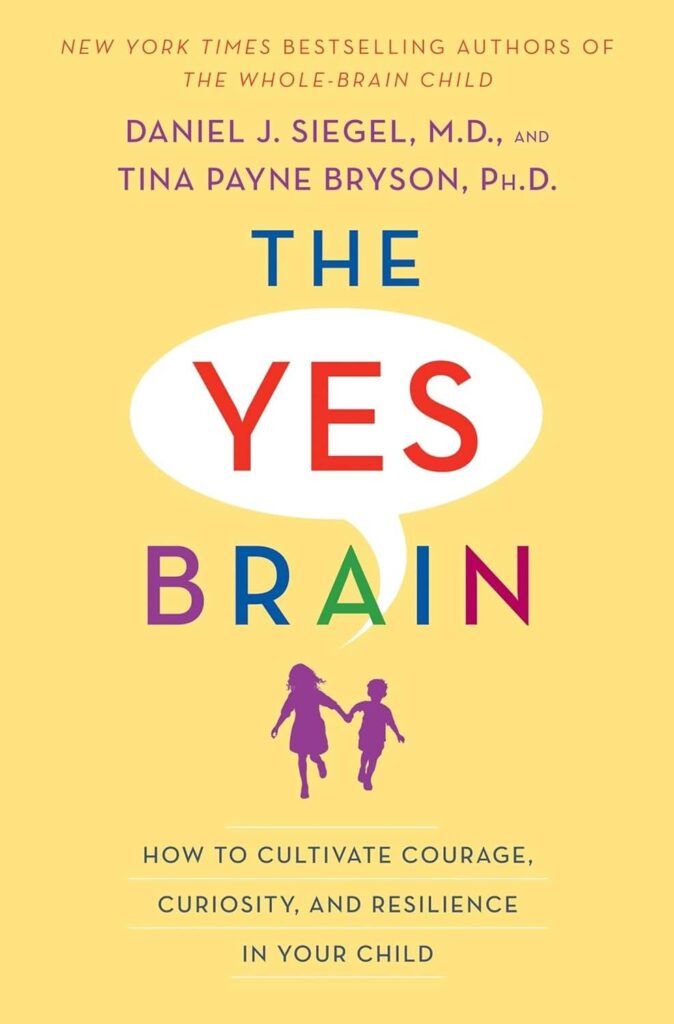
Marie L-P
I loved this post. Have you read The Upside of Stress? It addresses a lot of these same issues, and I found it really informative (and easy to follow) as a parent. I'd love to connect more and maybe discuss trading guest posts – my audience would love your stuff. You can find me a http://www.createbalancedlife.com